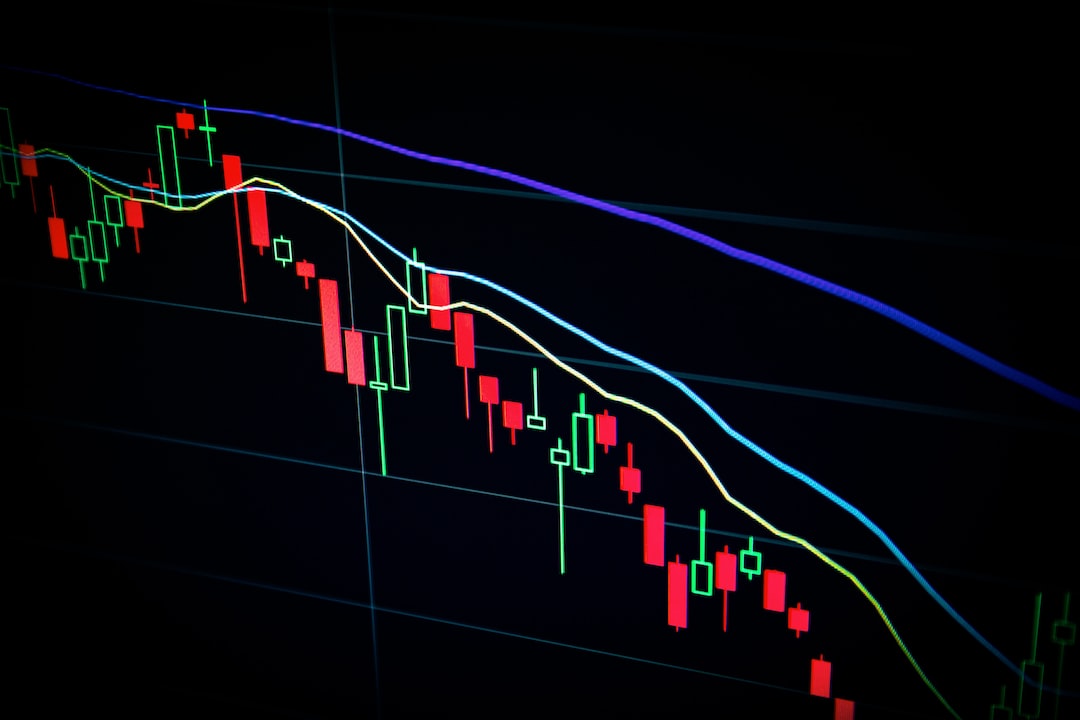Forex or foreign exchange market is a decentralized market where currencies are traded 24/7. It is one of the largest markets in the world, with a daily turnover of about $5 trillion. While forex trading can be a profitable venture for the knowledgeable and disciplined trader, it has attracted its fair share of criticism over the years, with some people even labeling it as a pyramid scheme. In this article, we’ll explore how forex is a pyramid scheme and why you should be cautious when dealing with it.
First, it’s important to understand what a pyramid scheme is. A pyramid scheme is a fraudulent business model that revolves around recruiting new members to the scheme rather than selling an actual product or service. Members are promised high returns for recruiting more people into the scheme, and those at the top of the pyramid benefit the most, while those at the bottom suffer losses.
Now, let’s look at how forex trading can be likened to a pyramid scheme. Forex trading is essentially a zero-sum game, meaning that for every winner, there is a loser. This is because when you trade forex, you are essentially betting on the direction of a currency’s value relative to another currency. If you bet correctly, you make a profit, and if you bet incorrectly, you lose money. In this way, forex trading can be seen as a competition between traders, with some benefiting at the expense of others.
However, the similarity between forex trading and a pyramid scheme lies in the way some forex brokers operate. Some forex brokers offer high leverage to their clients, which means that traders can trade with a large amount of money with only a small deposit. For example, if a broker offers 1:500 leverage, a trader can trade $500,000 worth of currency with only $1,000 in their account. While this can magnify profits, it also magnifies losses, and traders can easily lose all their capital in a single trade.
Moreover, some forex brokers offer bonuses and incentives to traders for referring new clients to the broker. This is similar to the recruitment aspect of a pyramid scheme, where members are incentivized to recruit new members to the scheme. While there is nothing inherently wrong with offering bonuses, it can lead to traders prioritizing referrals over good trading practices, and in extreme cases, brokers can use these incentives to attract new clients to a scheme that is designed to benefit the broker at the expense of the trader.
Another way forex trading can be likened to a pyramid scheme is through the use of signal providers. Signal providers are individuals or companies that offer trading signals or advice to traders for a fee. While some signal providers are legitimate and offer valuable insights, others are scams that promise high returns but deliver little to no value. These scams often rely on the recruitment of new clients to sustain their business model, which is similar to the recruitment aspect of a pyramid scheme.
In conclusion, while forex trading is not inherently a pyramid scheme, the way some forex brokers operate can make it resemble one. Traders should be cautious when choosing a broker and avoid those that offer high leverage, bonuses for referrals, or work with signal providers that promise unrealistic returns. Instead, traders should focus on developing their skills, practicing good risk management, and working with reputable brokers that prioritize their clients’ interests.






